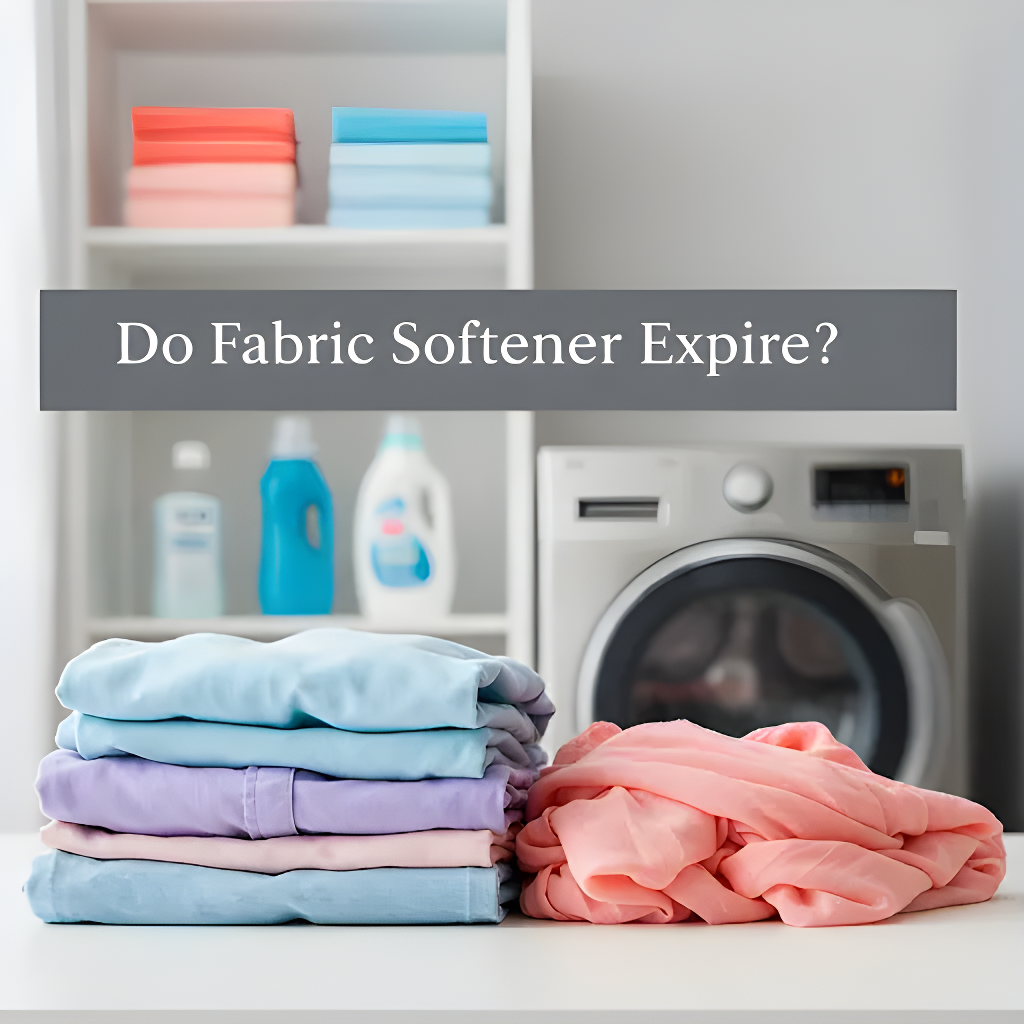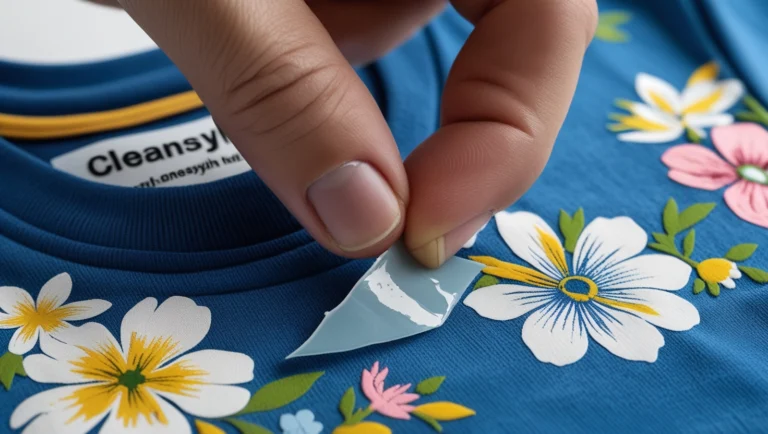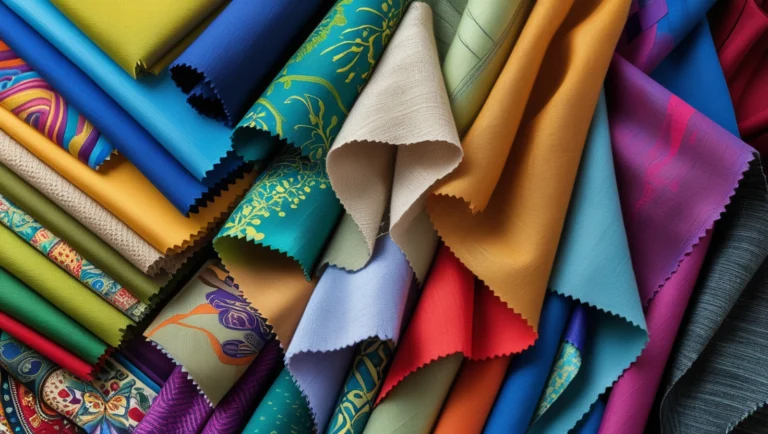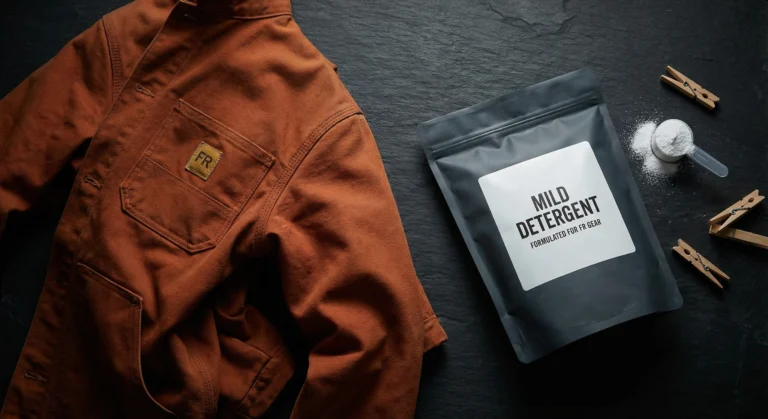Do Fabric Softener Expire? Reveling The Truth
We all try to get the most out of what we buy, right? Sometimes we buy big containers to save money, but it’s not a good deal if we can’t use it all before it’s no longer good. We know this happens with food, but it can make you wonder about other things we keep around the house. This makes you think about Fabric softener we use for laundry, but Do Fabric Softener Expire? It’s a good question because nobody wants to waste money on something that won’t work anymore.
Fabric softener is a common household product used to enhance laundry by making clothes feel softer and reducing static cling. However, like many other products, its quality can change over time. This leads to a common question: Can fabric softener go bad?
So, in this article, we’ll look at these questions. We’ll talk about how to know if your laundry detergent or fabric softener is still good, and how to keep them fresh so they work their best.
Read More About: What fabrics Should Be Dry Cleaned?
Understanding Fabric Softener and Its Purpose
Fabric softeners are designed to add a finishing touch to the laundry process. They work by coating the fibers of the fabric, resulting in a smoother texture and a reduction in static electricity. This is particularly beneficial for synthetic fabrics, which are more prone to static buildup. Fabric softeners also often impart a pleasant fragrance to clothes, contributing to an overall fresh laundry experience.
Does Fabric Softener Expire?
The simple answer is yes, fabric softener can indeed “go bad” or, more accurately, lose its effectiveness over time. While it might not spoil in the same way as food, several factors can contribute to a decline in its quality.
Read More About: What is Dry Cleaning?
Factors Affecting Fabric Softener Quality
Ingredient Degradation
Fabric softeners contain various active ingredients responsible for softening and fragrance. Over time, these compounds can break down, reducing the product’s ability to deliver the desired results. For instance, the softening agents may degrade, leading to clothes that feel rough instead of soft. Similarly, the fragrances can weaken or change, resulting in a less appealing scent or even an unpleasant odor.
Exposure to Environmental Factors
External factors like air and light can also play a role in the degradation of fabric softener. Exposure to air can cause oxidation, a chemical process that alters the composition of the product and can lead to a foul smell and reduced effectiveness. Light can also degrade certain ingredients, further diminishing the quality of the fabric softener.
Storage Conditions
Improper storage can significantly shorten the shelf life of fabric softener. High temperatures and humidity can accelerate the breakdown of ingredients, while fluctuations in temperature can cause separation and changes in consistency.
Identifying Signs of Expired Fabric Softener
It’s crucial to be able to recognize when fabric softener is no longer at its best. Here are some key indicators:
Reduced Effectiveness
If your laundry doesn’t feel as soft or smell as fresh as it used to, even when using the recommended amount of fabric softener, the product may have lost its potency.
Expiration Date
Many fabric softeners come with an expiration date or a “best used by” date. While the product may still be usable after this date, its effectiveness is likely to be diminished.
Changes in Odor
Fresh fabric softener has a pleasant, characteristic scent. If the product develops a musty, rancid, or otherwise unpleasant odor, it’s a strong indication that it has deteriorated.
Changes in Color and Consistency
A noticeable change in color or the appearance of lumps or a thick texture can also signal that the fabric softener has gone bad. Separation of the liquid is common, but excessive separation or significant changes in texture are signs of potential issues.
Reduced Effectiveness
If your laundry doesn’t feel as soft or smell as fresh as it used to, even when using the recommended amount of fabric softener, the product may have lost its potency.
Proper Storage to Maximize Shelf Life
Proper storage is essential to prolong the life and maintain the effectiveness of fabric softener. Here are some key storage recommendations:
Cool, Dark Place
Store fabric softener in a cool, dark place, away from direct sunlight and heat sources. This helps to prevent the breakdown of ingredients caused by exposure to light and heat.
Tightly Closed Container
Always keep the lid of the fabric softener bottle tightly closed when not in use. This prevents air from entering the container, which can lead to oxidation and evaporation.
Original Container
It’s best to store fabric softener in its original container. The original packaging is designed to protect the product from light and air, helping to maintain its quality.
Avoid Extreme Temperatures
Protect fabric softener from extreme temperatures, both hot and cold. Freezing or overheating can cause the product to separate or degrade.
Is It Safe to Use Expired Fabric Softener?
While expired fabric softener may not be as effective, it’s generally safe to use. It’s unlikely to cause harm to your clothes or skin. However, you may not achieve the desired level of softness or fragrance.
If you choose to use expired fabric softener, consider these points:
Test on Old Items
If you’re unsure about its effectiveness, test it on old towels or less important garments first. This will allow you to assess the results before using it on your favorite clothes.
Avoid Using If Severely Degraded
Do not use fabric softener that shows significant signs of degradation, such as a strong, rancid odor, discoloration, or a lumpy texture. In such cases, it’s best to discard the product.
When to Discard Fabric Softener?
Even with proper storage, fabric softener will eventually degrade. Here are some guidelines for when to throw it away:
Excessively Expired
If the fabric softener is significantly past its expiration date (e.g., more than a year), it’s probably best to discard it.
Significant Changes
If you observe major changes in color, odor, or texture, discard the product.
Poor Performance:
If the fabric softener no longer delivers noticeable softening or static reduction, it’s time for a replacement.
Beyond the Bottle: Additional Considerations
While the primary focus is on whether fabric softener can go bad, it’s worth considering related aspects for a comprehensive understanding:
Environmental Impact
Traditional fabric softeners often contain chemicals that can be harmful to the environment. Consider exploring eco-friendly alternatives.
Alternatives to Fabric Softener
There are several natural alternatives to commercial fabric softeners, such as vinegar or dryer balls, which can also help to soften clothes and reduce static.
Laundry Detergent and Fabric Softener Interaction
It’s important to use laundry detergent and fabric softener correctly. Adding too much of either product can lead to residue buildup on clothes and in the washing machine.
Final Thoughts On Do Fabric Softener Expire?
So, to definitively answer the question, can fabric softener go bad? Yes, it can lose its effectiveness over time due to ingredient degradation and environmental factors. However, by understanding the signs of spoilage and implementing proper storage techniques, you can maximize its shelf life and continue to enjoy softer, fresher laundry. Remember to be mindful of the product’s condition and don’t hesitate to replace it when necessary. By doing so, you’ll not only ensure the best results for your laundry but also make informed choices about the products you use in your home.







